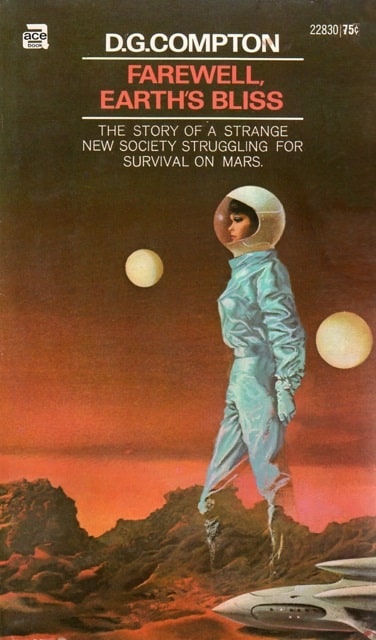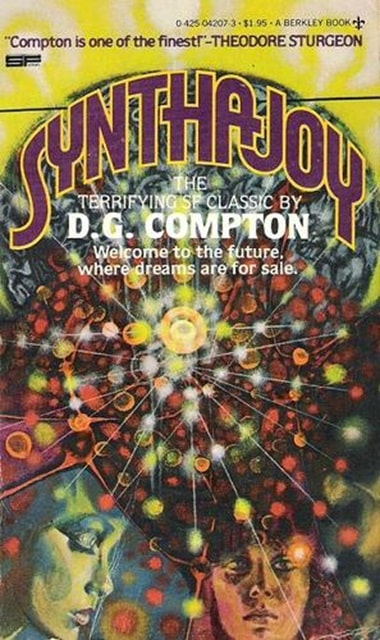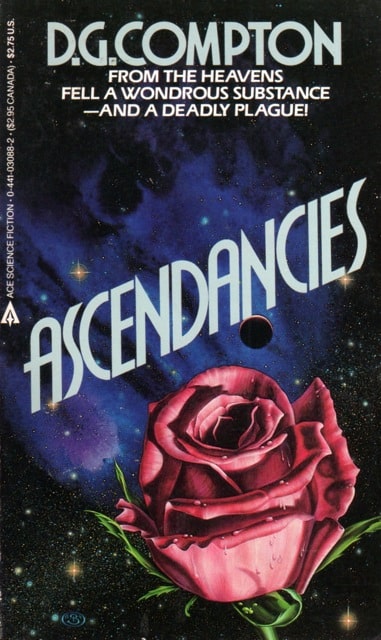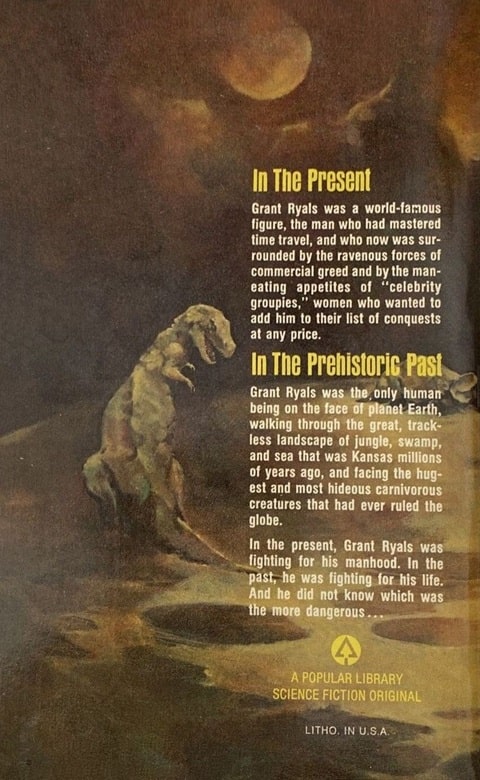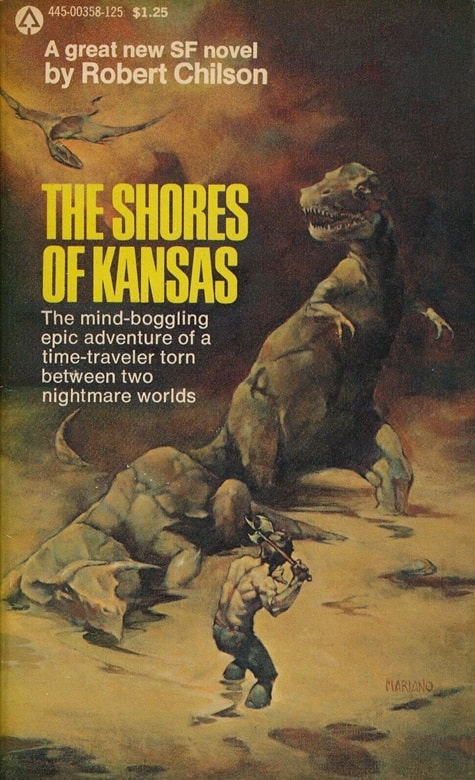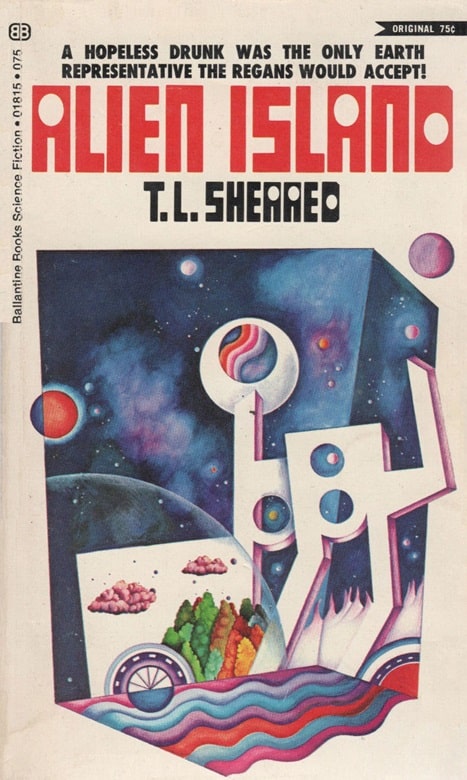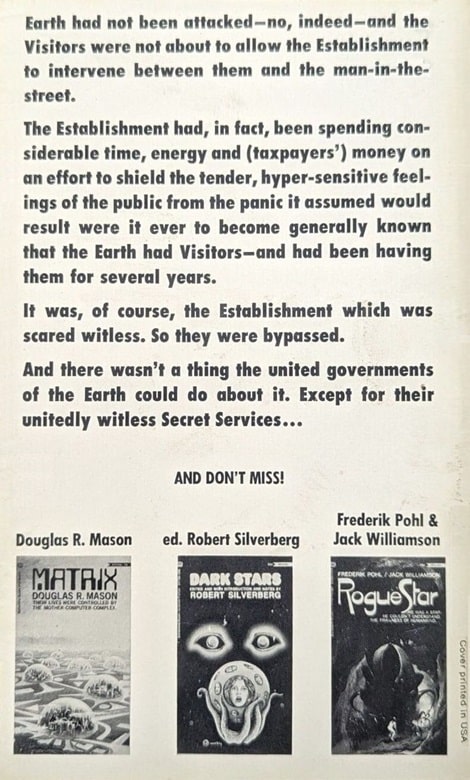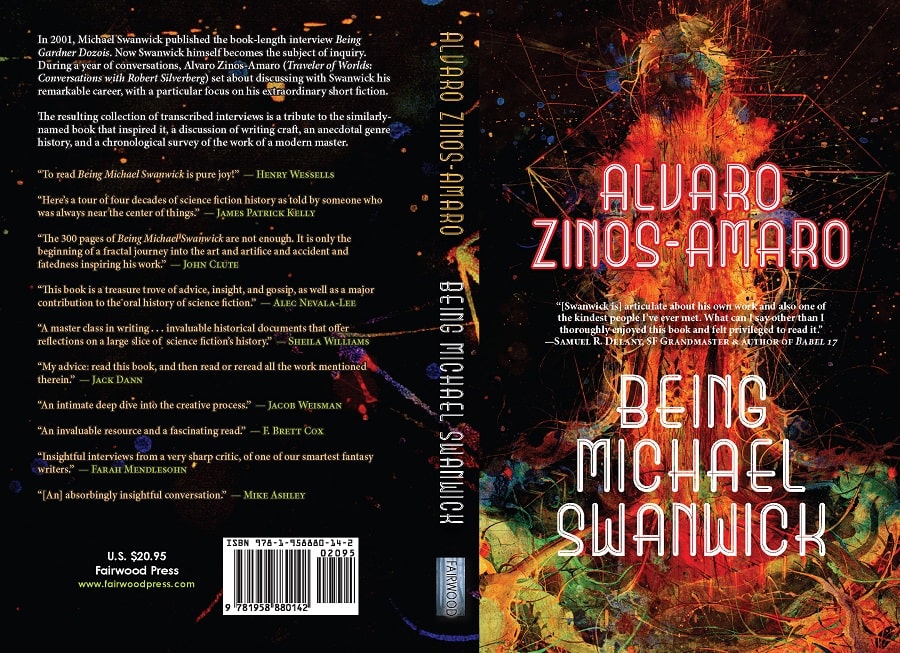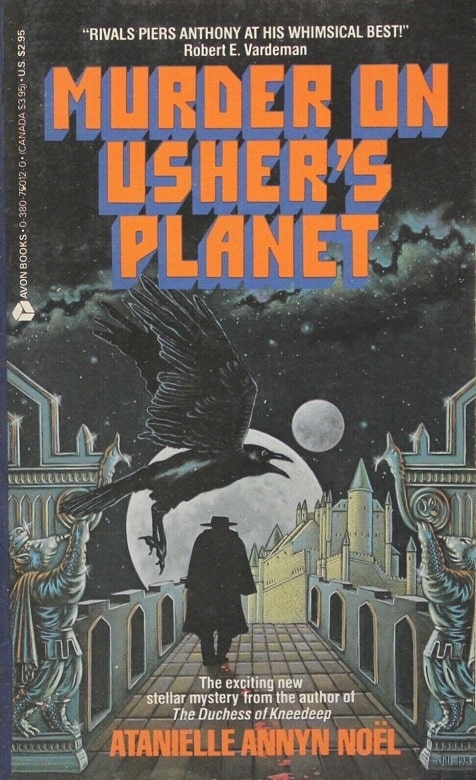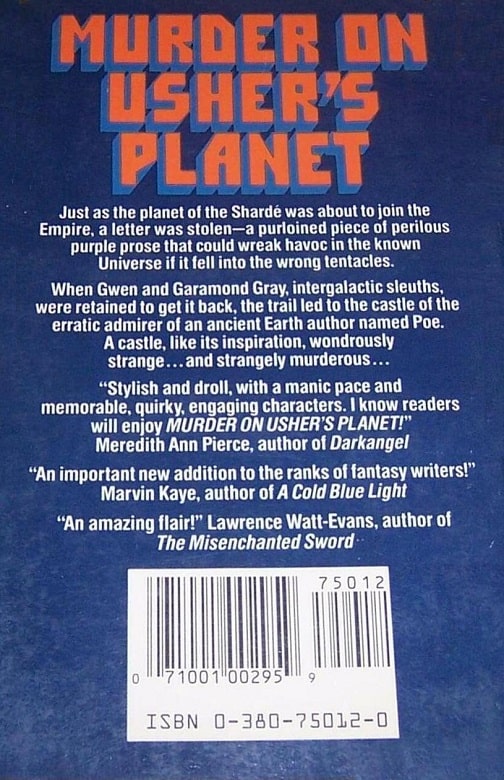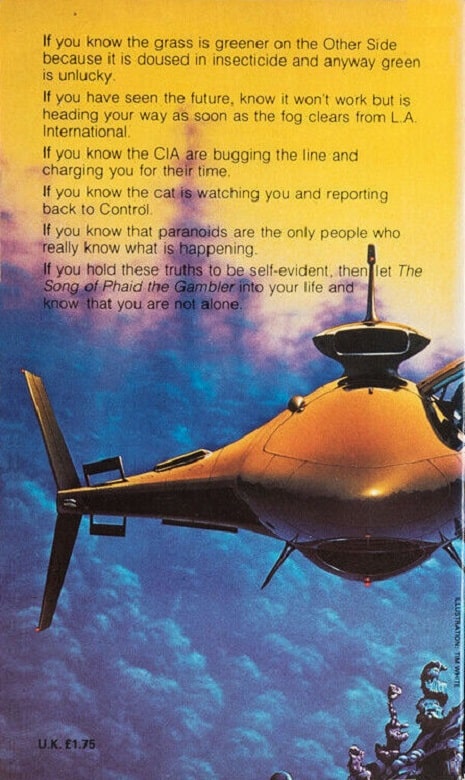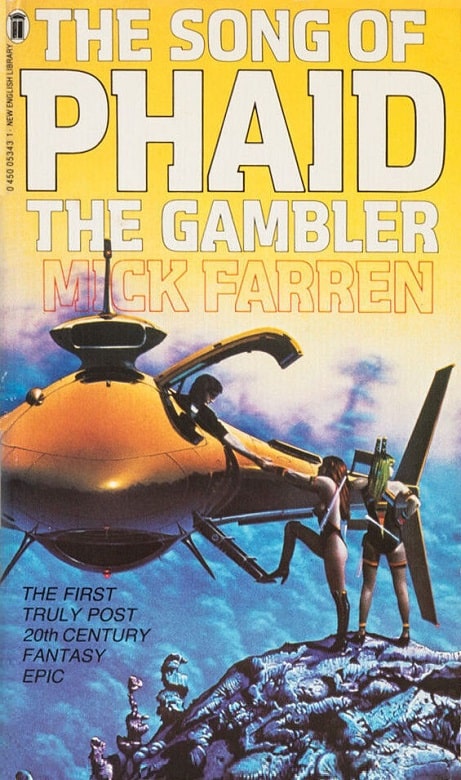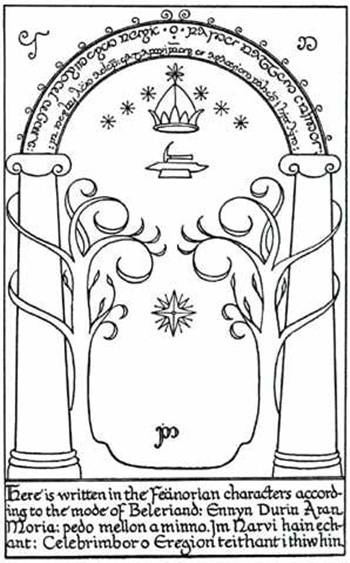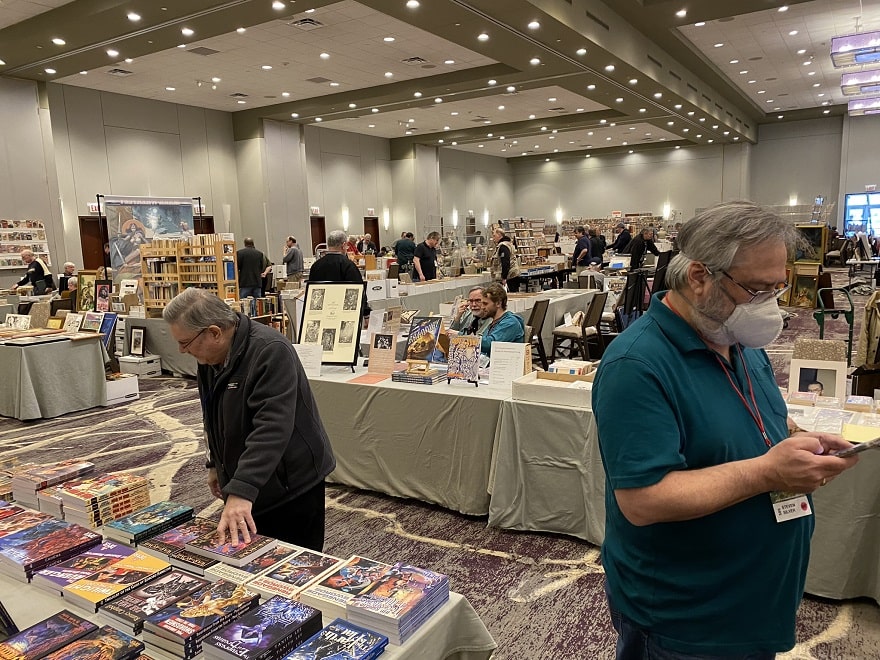No More Stories — The Capstone to Joanna Russ’s Alyx Sequence: “The Second Inquisition”
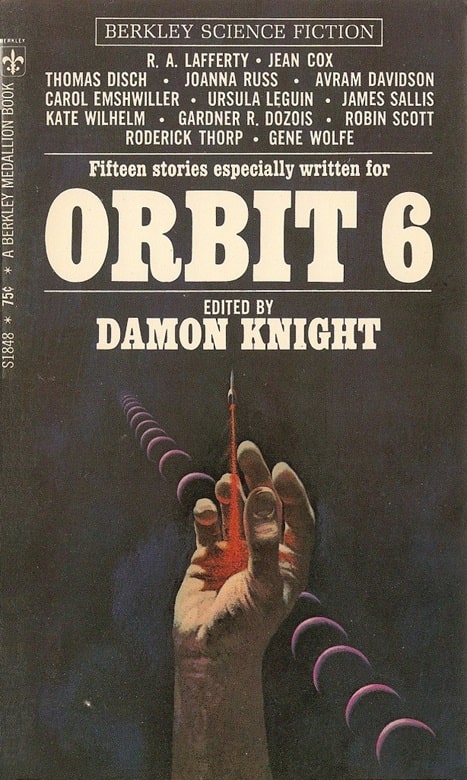 |
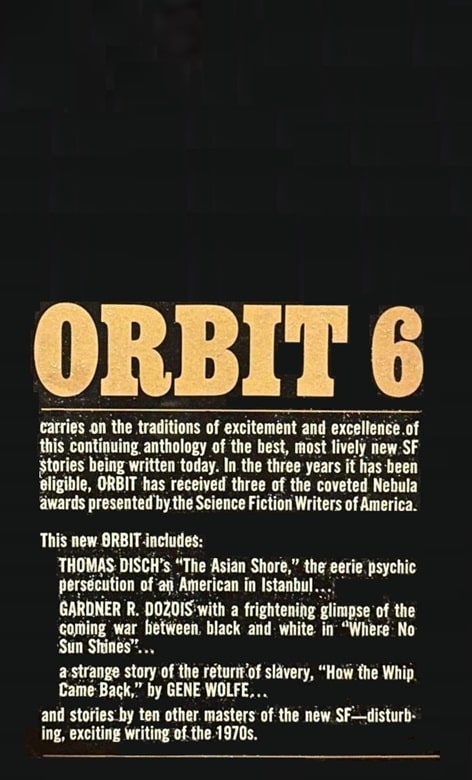 |
Orbit 6, edited by Damon Knight (Berkley Medallion, June 1970). Cover by Paul Lehr
“No more stories.” So ends Joanna Russ’s great novelette “The Second Inquisition.” But in many ways the story is about stories — about how we use them to define ourselves, protect ourselves, understand ourselves. It’s also, in a curious way, about Joanna Russ’s stories, particularly those about Alyx, a woman rescued from drowning in classical times by the future Trans-Temporal Authority.
“The Second Inquisition” first appeared in Orbit 6 in 1970. It was nominated for the Nebula Award for Best Novelette. It was included in the anthology Nebula Award Stories 6, along with Gene Wolfe’s “The Island of Doctor Death and Other Stories,” which first appeared in Orbit 7 and was also nominated for a Nebula — and which has some resonances with “The Second Inquisition.” Russ’s story has been anthologized several times since, and is collected in her book The Adventures of Alyx, and in the recently released Library of America collection Joanna Russ: Novels and Stories.
